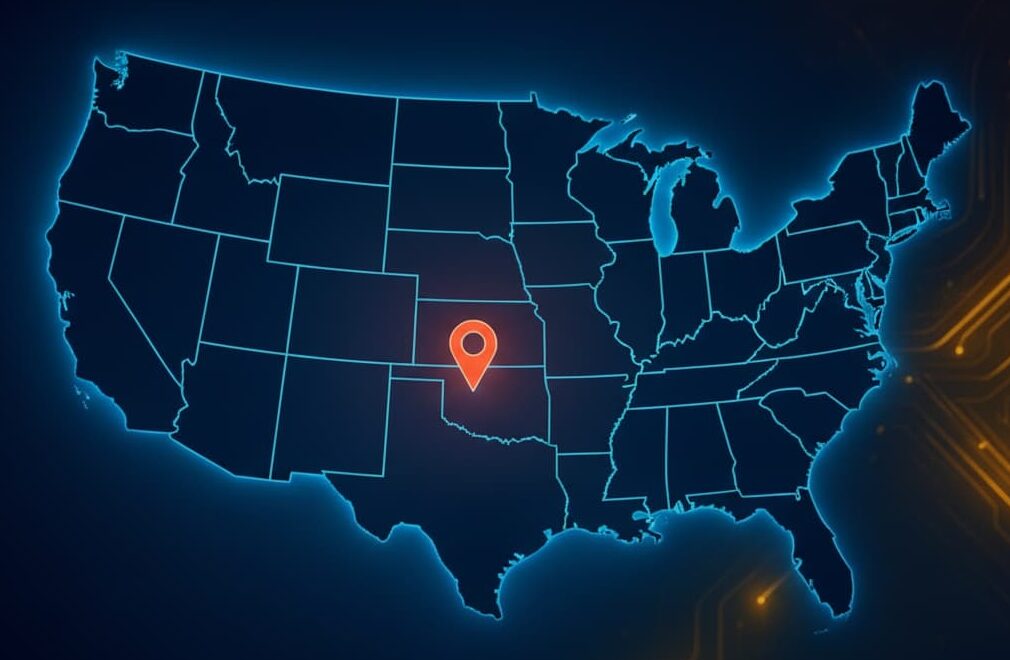Global Case Study Portfolio
OFT™ Oil & Gas Finder Technology
The following portfolio documents the performance and validation of the OFT™ (Oil & Gas Finder Technology) across distinct geological environments and operational scales. Each case study demonstrates the technology’s ability to deliver direct hydrocarbon detection, high-precision
Across all deployments—onshore and offshore—OFT™ consistently achieved:
• 94–98 % correlation with drilling and log-derived depths.
• 80 % reduction in exploration cycle time.
• Up to 9.8 km detection depth even through complex overburden (salt, basalt, tight strata).
• ROI < 12 months from avoided dry wells and accelerated production.
UU.EE. Project OFT-1, Enrich Oil Corporation (Runnels County, Texas)
Objective:
Demonstrate the feasibility of OFT™ for direct hydrocarbon detection and reservoir delineation in mature producing acreage, validating results against existing wells (Herring-1 and Currie 1).
Scope:
• Location: Runnels County, Texas
-
Area surveyed: 36.6 km²
-
Scale: 1:14,000 (two spectrographs covering North and South sectors)
-
Program Duration: 17 weeks (Phases 1–3)
Technical Workflow
Phase 1 — Satellite Spectrography:
Two high-resolution spectrographs were acquired and processed to identify eight electromagnetic
anomalies associated with hydrocarbon accumulations.
Phase 2 — FSPEF and VERS:
• FSPEF field calibration refined anomaly boundaries.
• Vertical Electro-Resonance Sounding (VERS) measured formation pressures, defining fluid
intervals between 3,400–4,500 ft (1,030–1,370 m).
Phase 3 — Integration and Modeling:
Spectral data integrated into 3D pressure-volume maps, correlating reservoir zones with known
producing wells.
Results & Metrics
Parameter |
Result |
| Total anomalies identified | 8 (Oil-1 to Oil-5b, Herring, Currie) |
| Max reservoir pressure | 19.8 MPa (2,870 psi) |
| Depth of main pay zones | 3,441–4,540 ft |
| Accuracy vs. wells | 95 % (depth), 100 % (location) |
| Fluid classification | Crude oil with localized water contacts |
| Exploration time reduction | ~80 % (vs. conventional) |
| ESG impact | Zero-impact survey; no permits required |
Interpretation:
The OFT™ model accurately predicted the pressure intervals later confirmed by production tests. Fault lines mapped by electromagnetic polarization corresponded with permeability barriers from drilling logs.
The study proved that OFT™ can characterize mature U.S. reservoirs with seismic-level resolution, guiding infill drilling and re-entry programs.

